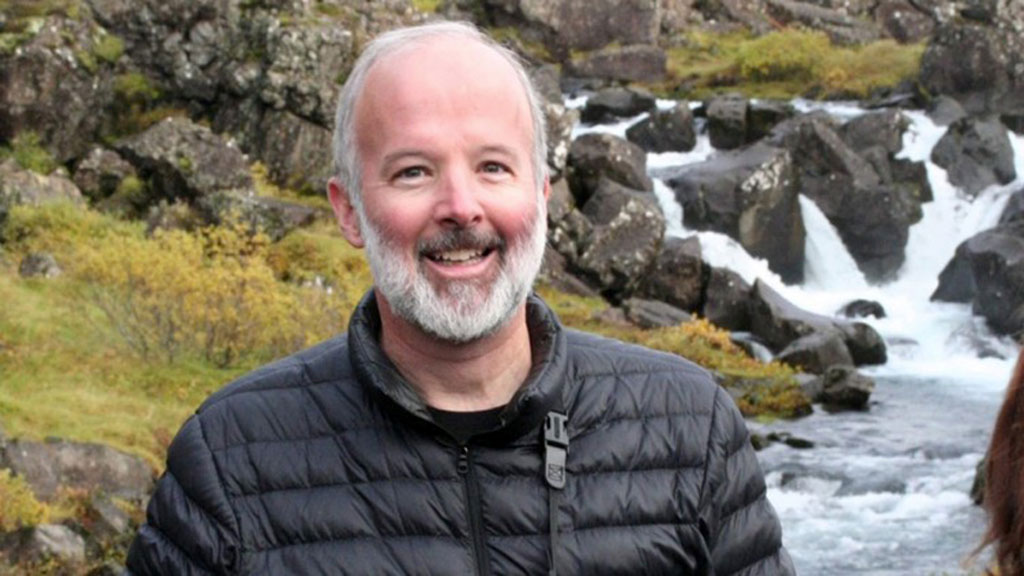Bruce Matthews, executive director of the Association of Consulting Engineering Companies (ACEC) — Ontario, is retiring and as he looks back on his career, he is also looking to strengthen the future of the organization.
“I’ve still got such a great enthusiasm for the industry and for the sector,” Matthews told the Daily Commercial News.
“COVID, in some respects, despite the challenges and despite the tragedies that happened, for a lot of folks it was a bit of a blessing for the industry because governments decided to spend a good bit of money on infrastructure as a means of supporting the economy. A lot of those projects are still ongoing and will take a few years to reach fruition.
“It’s an opportunity for folks who are engineers to build a legacy that is going to stand for 20, 30, 50, 100 years, that you can look back on and say ‘I had a role in making that happen.’ ”
Matthews joined ACEC—Ontario in 2018, when it was Consulting Engineers Ontario (CEO), and although he has only been in the position for five years, he has seen some changes.
“Even in that five-year span of time there has been some interesting changes in the way that the industry interacts with its client base,” said Matthews, referring to public sector owners.
“This is a matter of those public sector clients really being risk averse and seeking to transfer risk on a very much wholesale basis sort of further down the chain. Quite often the end of that chain is the consulting engineering firm. We are seeing language in contracts that are imposing significant and frankly uninsured risks against consulting engineering firms which is highly problematic.”
One of the things that was implemented during his time was the Rapid Response Service which provides member firms support to address problematic client contracts and procurement practices. He used an example of a municipality or a large public sector organization issuing an RFP.
“Often the language in that would have either provisions relating to indemnification or aspects of unlimited liability or the standard of work was unrealistic and unachievable, all done such that the client gets the risk off of their table and transfers it to the consulting firm,” said Matthews. “It’s not that we don’t want the consulting firms to take on any risk, but I think the risk needs to be apportioned in a way that it’s being held by the entity that is best suited to be able to manage that risk. That’s been our message for the last number of years.”
Matthews graduated from the University of Waterloo in 1987.
He worked as a professional engineer, both as an independent consultant and as a staff member of some large corporate entities, before joining Professional Engineers Ontario, the industry’s regulator. Then a position opened up at ACEC—Ontario.
“When I was being recruited for this role, the selection committee had asked for a presentation…that spoke to how to ensure that the organization stays relevant and in the public eye in the future,” Matthews said. “Even back then I remember talking about the organization needing to not just impact legislation and policy and so on from the various clients and from various levels of government, but actually changing the perspective, changing the way the industry is viewed by those clients.”
Early in his mandate he saw the need to set out a framework for developing a new strategic plan and that included considering a name change for the organization.
Engagement has always been an issue for the organization, he added. ACEC—Ontario is a small organization from a staff perspective and needs volunteers.
“(In the last five years) We’ve increased the number of volunteers on our various committees more than twofold,” Matthews said.
The board recently approved a new three-year strategic plan which goes into effect April 1. As an industry association, proactive advocacy is a top priority.
“The idea here is we want the association to be driving change rather than just responding to it,” Matthews said. “Even in areas that deal with policy of government and legislation, procurement, contracting issues, we want to be driving the issues and not being in a reactive mode.”
Raising the profile will also be a focus.
“We want to be seen as being providing thought leadership for the industry. We want to ensure we’re taking that lead and inspiring the client side and the members,” Matthews said. “We like to think of ourselves as trusted advisers to the industry and to the stakeholders but ultimately in a way that is going to be elevating our voice on behalf of the member companies.”
Follow the author on Twitter @DCN_Angela





Recent Comments
comments for this post are closed